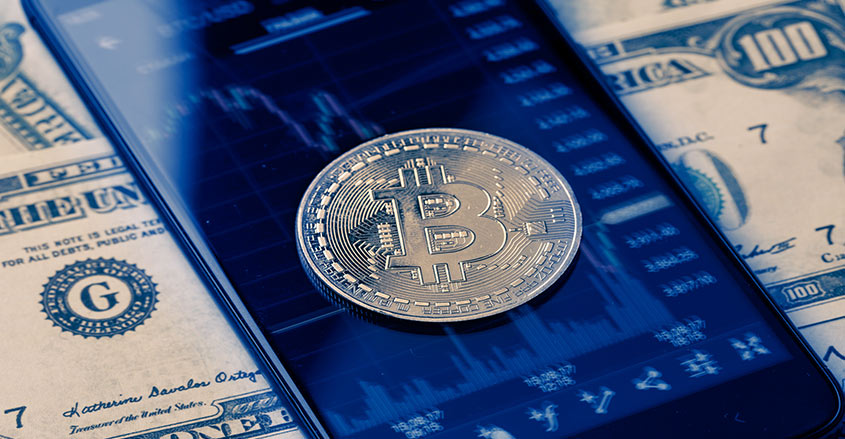After recently acknowledging that thousands of customers recently were charged multiple times for the same digital currency transaction, San Francisco’s Coinbase cryptocurrency exchange dropped the other shoe — it will turn over thousands of customer records to the IRS following a court order over potential taxes owed.
The exchange cast the decision as a victory, citing its 500,000-plus customer base in comparison to the 13,000 who would be affected by court order.
The company wrote on its website:
In December 2016, the Internal Revenue Service issued a summons demanding that Coinbase produce a wide range of records relating to approximately 500,000 Coinbase customers. Coinbase fought this summons in court in an effort to protect its customers, and the industry as a whole, from unwarranted intrusions from the government.
After a long process, the court issued an order that represents a partial, but still significant, victory for Coinbase and its customers: the order requires Coinbase to produce only certain limited categories of information from the accounts of approximately 13,000 customers.
We are writing to let you know that the above-described court order requires us to produce information specific to your account.
If you have concerns about this, we encourage you to seek legal advice from an attorney promptly. Coinbase expects to produce the information covered by the court’s order within 21 days.
In the court order, however, it becomes clear why only a few thousand Coinbase users are affected. The IRS is going after the big fish, and it will be reaching back into 2013, potentially affecting returns over several years.
From the filing, Case No. 17-cv-01431-JSC:
Coinbase is ORDERED to produce the following documents for accounts with at least the equivalent of $20,000 in any one transaction type (buy, sell, send, or receive) in any one year during the 2013 to 2015 period.
(1) the taxpayer ID number,
(2) name,
(3) birth date,
(3) address,
(4) records of account activity including transaction logs or other records identifying the
date, amount, and type of transaction (purchase/sale/exchange), the post transaction
balance, and the names of counterparties to the transaction, and
(5) all periodic statements of account or invoices (or the equivalent).
The order comes after the company acknowledged the double-charging problem and said that customers affected would be compensated.
Dan Romero, vice president and general manager at Coinbase, said that it was difficult to know how many accounts incurred duplicate charges, though he suspected it was in the thousands. Coinbase said the problems occurred between Jan. 22 and Feb. 11.
“We are actively working with the card networks and processors to investigate these issues,” the company said on its blog.
Romero additionally claimed that the problems stemmed from recent changes at credit card companies and payment processors. “This is nothing that Coinbase initiated,” he said. “Getting dragged through the mud for somebody else’s issue is not ideal.”
No comment
Some customers took to social media last week to tell their stories. One claimed to have been charged 17 times for a single $1,000 purchase.
Not only were the multiple charges debited against customers Coinbase accounts, but some of those who had linked bank accounts said they saw their balances reduced to zero, resulting in overdraft charges and other fees.
Others reported that their interaction with customer service was so poor that they said they would never use the Coinbase currency exchange services again.
Coinbase has declined to comment on whether it will refund customers consequential damages such as overdraft fees incurred as a result of the duplicate transaction charges.
Coinbase, a San Francisco-based virtual currency exchange has experienced rapid growth amidst the 2017 cryptocurrency market craze and has emerged as one of the most prominent digital currency businesses. But the growth has not been without glitches. In December, the Coinbase exchange platform was overwhelmed by trading volume and knocked offline.
This isn’t the first time Coinbase has made unauthorized charges to its customers’ accounts. A similar problem arose in May 2016.
Coinbase is one of the few Bitcoin exchanges that allow users to use their bank accounts for virtual currency purchases using the U.S. dollar, euro and the British pound sterling. The ease with which customers can purchase Bitcoin and other virtual currencies is one of the reasons for its popularity.


